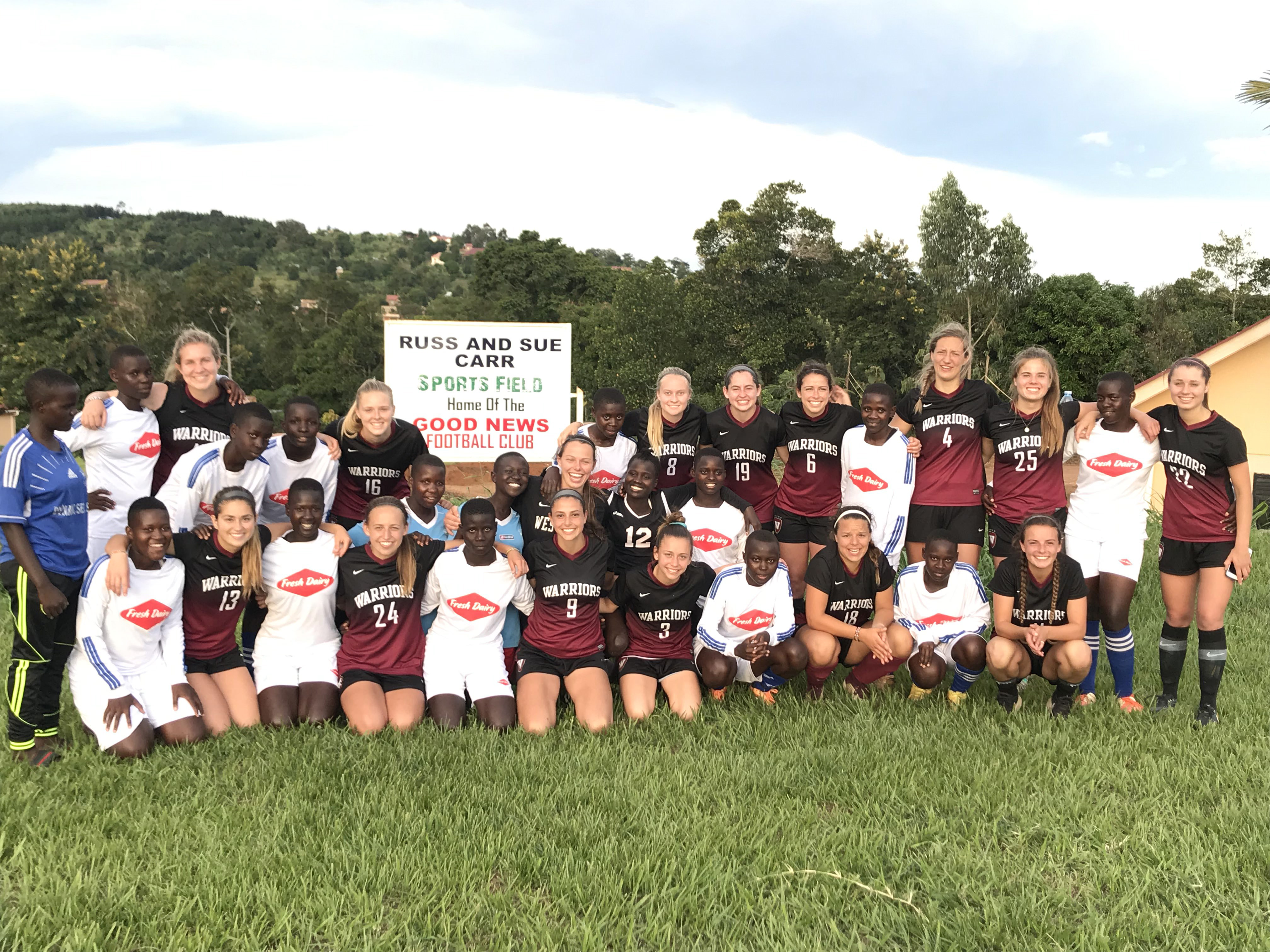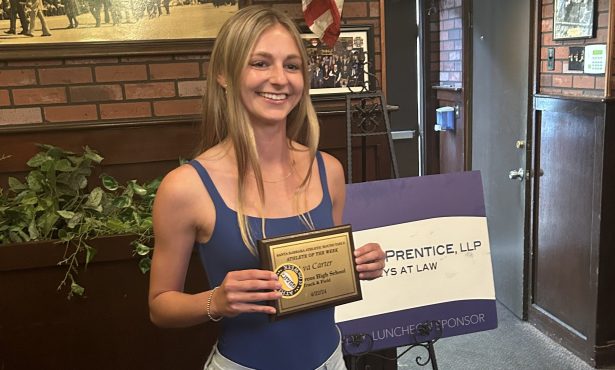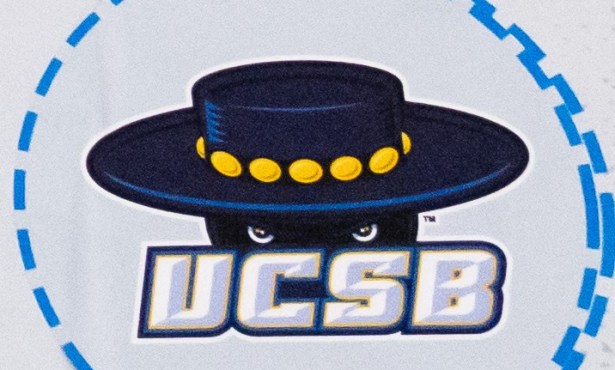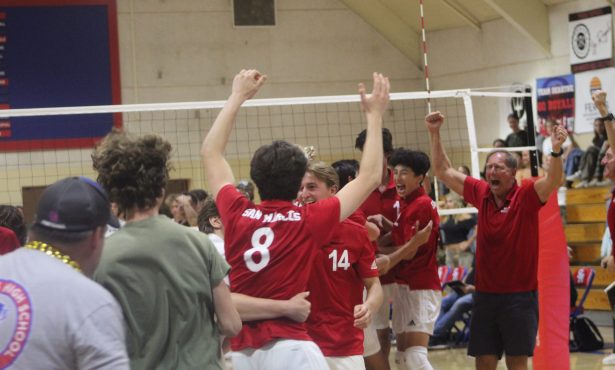Women’s World Cup Showcases Soccer’s Surging Strength
Santa Barbara Soccer Stars Watch as Tournament Grows Tighter

The knockout rounds of the Women’s World Cup are raising pulse rates around the planet like never before. As more countries make serious investments in women’s soccer, they have hammered away at the disparities that had put the United States and a couple of other teams head and shoulders above the rest.
In the round of 16, France and the U.S. had to scratch out a pair of nervous 2-1 wins — the French getting a goal late in overtime to defeat Brazil, and the Americans needing two penalty kicks to put away Spain — setting up their marquee quarterfinal match at noon Friday, June 28. The winner will advance to a July 2 semifinal against either England or Norway.
Despite the lofty expectations of the No. 1–ranked U.S. women, there is no guarantee they will be in the July 7 final. A stumble here, a bad break there, and their opponents are capable of making them pay for it. The World Cup would survive without them.
“If you base your enthusiasm on one win or one loss, you don’t understand the game,” said Jenny Jaggard, coach of the Westmont College women’s team. “There’s such a huge wave of interest. Regardless [of the U.S. team’s fate], the sport continues to grow.” The skill level has advanced along with the participation. “Since I was playing 10 years ago,” Jaggard said, “women’s technical ability has gotten better, and the speed of the game is faster. It’s beginning to look more like men’s soccer.”
Bella Viana was a high-scoring forward for the SBCC women’s team (41 goals in two years), and she will be among 11 new players on the UCSB roster. “I like men’s soccer more than women’s,” she confessed. Her favorite player is the Brazilian star Neymar. “It’s really cool to watch his style. He’s very creative and very theatrical.”
Goffin Boyoko, a former UCSB men’s player, has been an assistant coach with the Gaucho women since 2017 and will be associate head coach in the upcoming season. A native of Paris, he attended Clairefontaine, a French national soccer academy for boys and girls. He said four members of France’s World Cup team were classmates of his. One of them, Amandine Henry, scored the winning goal against Brazil.

“These women are way ahead of college players in their understanding of the game,” Boyoko said. He asserts that watching and studying the game is essential to one’s growth as a player. He invited Viana to join him last Sunday at Dargan’s restaurant to view the match between Brazil and France. Because of her Brazilian roots, she was his friendly rival for two hours.
“Do you think it was fair when the U.S. won 13-0?” she asked of the rare mismatch in the World Cup between America and Thailand. “Where I grew up, if you can score 25 goals, you score 25 goals,” Boyoko said.
There were no easy goals in this round. France had an apparent early score wiped out by the newly implemented video assistant referee. “I do not like VAR,” said Boyoko, inclined to accept human errors as part of the game. It was 1-1 at the end of regulation time. Every touch counted in overtime, and two key plays turned the tide for France. “Small details made the difference: a save on the line [defender Griedge Mbock turned away Brazil’s shot after the French goalkeeper was beaten] and a goal on a set piece [Amel Majri’s free kick setting up Henry],” Boyoko pointed out.
“France deserved it,” Viana conceded. “They played well. Brazil was sending hopeful long balls.”
The next day, the U.S. women overcame an aggressive Spanish team by capitalizing on two opportunities. Tobin Heath and Rose Lavelle, dangerous in the penalty area, both drew fouls. Megan Rapinoe buried the spot kicks, the second even after the Spanish keeper guessed right.
Spain’s physical approach may have been costly in the end, but the match was tight because of it. “It’s a contact sport,” Boyoko said. “Do you let the U.S. play in rhythm and walk over you, or do you try to disrupt them?”
For the Americans, it was a chance to prove they could be gritty as well as pretty. They’ll need more of the same against France. Boyoko predicted Friday’s match would come down to a penalty-kick shootout.
In the background of the drama is the class-action lawsuit that national women players have issued against the U.S. Soccer Federation over being given second-class treatment compared to the vastly less successful national men’s team.
“Equity would be nice,” Westmont’s Jaggard said. “It makes me sad the only way to attain it is through a lawsuit.”
Jaggard came from Chico State to take over the Westmont program in April, and a month later, she and the Warrior women went on a two-week tour in Uganda and Kenya, two countries where women’s sports have a long way to go.
“Soccer is not an option when you’re 15 or 16 and have a family,” Jaggard said. “It expanded our girls’ horizons to see what it’s like in the rest of the world.”
The college students did plant some seeds of hope during their tour, part of an ongoing program through the Sports Outreach Institute. Russ Carr, a former Westmont men’s soccer coach, founded the institute to promote cultural exchanges and spiritual growth through sports.
“We’d bus into the slums, pull out a bag of soccer balls, and the kids all ran up to us,” Jaggard said.
The experience brought the Warrior women together as a team. A strong team bond is another quality that the U.S. women are is counting on to carry them through the perils on the pitches of France.




You must be logged in to post a comment.